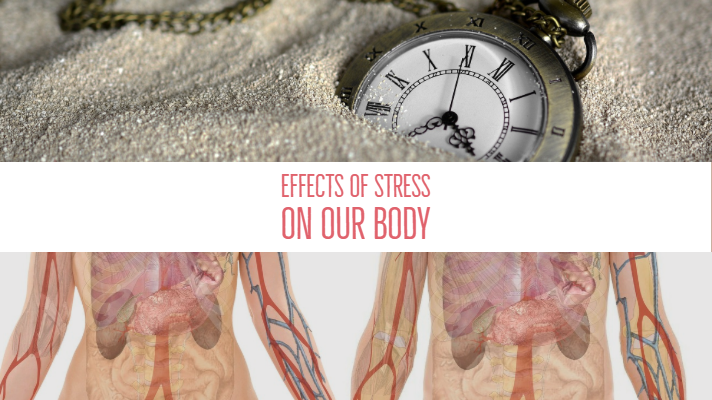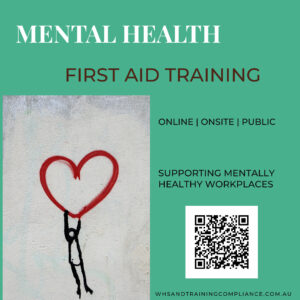Everyone has stress. It is part of life. You can feel effects of stress in our body when you have too much to do or when you haven’t slept well. Your body reacts and adjusts to stress when the environment changes. This related changes bring physical, mental, and emotional reactions.
It’s part of life to be stressed out. You put stress on your body from many things that happen to you and around you. Stress can come from the environment, your body, and your thoughts.
What are the effects of stress on our body?
We’re designed to handle stress and react to it. Stress can be good, like getting promoted or being given more responsibility — it keeps us alert and ready. Negative stress happens when you face continuous challenges without a break or a break between challenges. Eventually, the person becomes overworked and stressed.
A lot of physical symptoms of stress are related to stress, like headaches, upset stomachs, elevated blood pressure, chest pain, and trouble sleeping. Symptoms or diseases that are brought on or worsened by stress have also been proven by research.
Drinking, smoking, and using drugs to relieve stress can also be harmful. However, instead of relieving stress and relaxing the body, these substances just cause more problems and keep the body stressed. Have a look at these:
- The health effects of stress affect 43 percent of adults
- Stress-related ailments and complaints make up 75% to 90% of all doctor’s visits
- Anxiety, depression, insomnia, headaches, high blood pressure, heart disease, diabetes, asthma, arthritis, and skin conditions can all be caused by stress
- Almost half of all people will suffer an emotional disorder in their lifetime due to chronic, untreated stress reactions.
Listed below some of the effects of stress on our body:
Brain and Nerves: Stress causes headaches, lack of energy, sadness, nervousness, anger, irritability, lack of concentration, memory problems, mental health problems such as anxiety, depression, substance abuse.
Heart: Stress causes rapid heartbeat, or palpitations, increases blood pressure, increase the risk of heart attack or high cholesterol.
Stomach: Stress causes nausea, stomach ache, heartburn, weight gain or weight loss
Pancreas: Increases risk of diabetes
Intestines: Causes constipation, digestive problems or diarrhea
Reproductive organs: For females, irregular or painful periods, reduced sexual desire. For men, impotence, low sperm count or reduced sexual desire.
It can also cause skin problems, weakens the immune system.
How can you reduce or control the stress?
- Doing activities that you enjoy
- Finding a space at home to relax
- Allocating enjoyable time with you family, kids and your furry friends
- Sharing our thoughts and feelings with your loved ones
- Take one thing at a time
When to get help?
Anytime. You are not alone. Professional help is available. Talk to your doctor, seek help and start the conversation about mental health and your well-being.
Beyond Blue (1300 224 636), and Life Line (13 11 14) have 24-hour crisis centres. You can call them and seek help. If you need immediate assistance dial 000.
Have you seen our Mental Health First Aid training programs? Book an appointment to discuss your training needs.
Access Mental Health Awareness Books from Amazon: Mental Health Books















